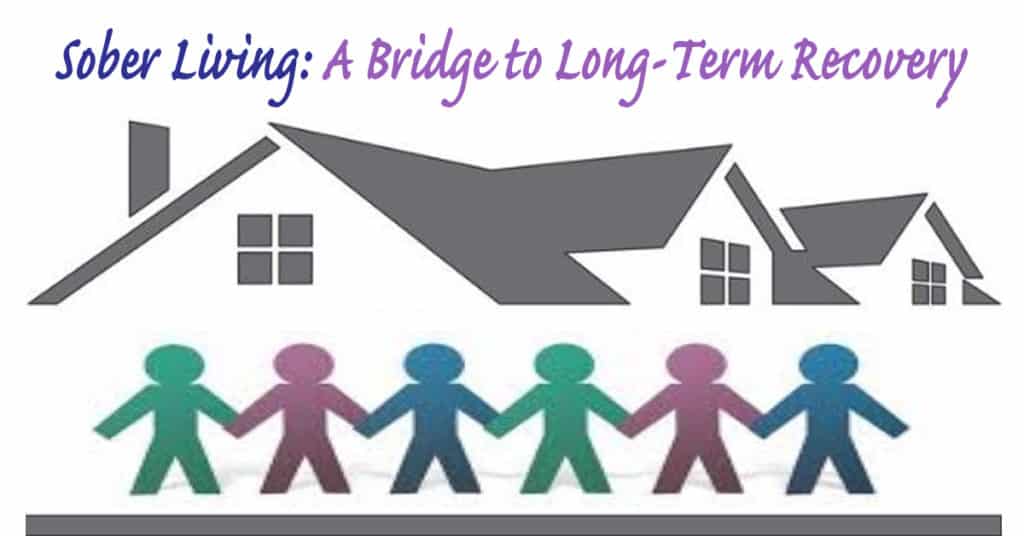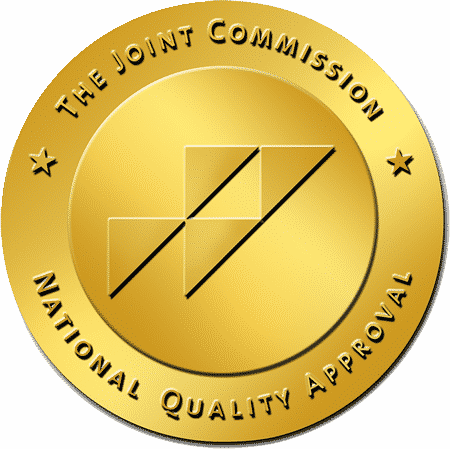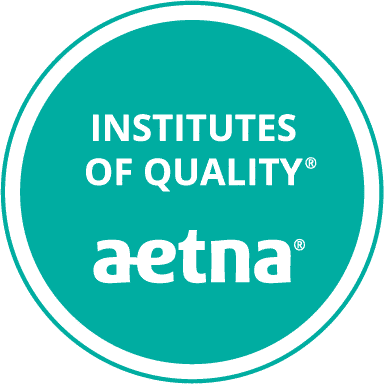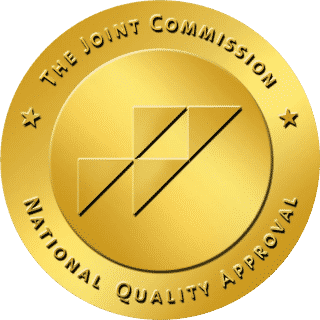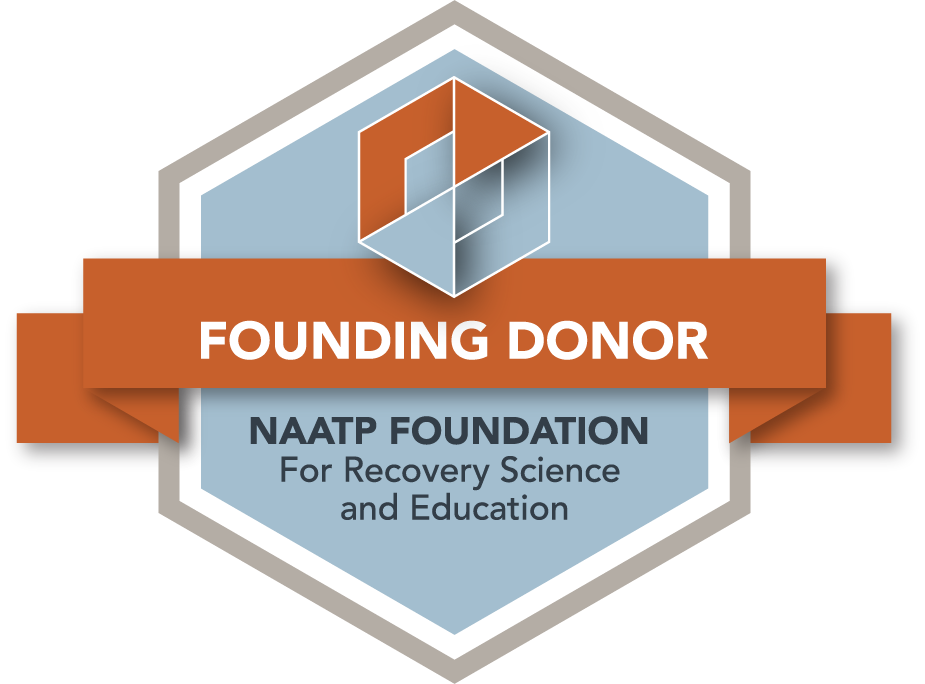You have successfully completed residential treatment and are set to start the next phase of recovery. What’s next? It might be living in a sober living home (SLH).
SLHs provide a sheltered, encouraging, and inexpensive place to live. Drugs and alcohol are prohibited, and your homemates are all working toward the same goal–building a life that supports their recovery efforts.
A La Hacienda graduate’s personalized Continuing Care Plan may recommend entering a sober living home. (We do not connect graduates to specific homes, but we do provide a list of recommended ones.)
Roots in the 19th Century
The forerunners of sober living homes were “dry hotels” run by the YMCA, YWCA, or Salvation Army in the 1830s. After World War II, Alcoholics Anonymous opened “twelfth step” homes around Los Angeles.
Modern sober living homes were started in California in the 1970s to bridge the gap between intensive treatment and sustainable, long-term recovery. The have since spread nationwide.
Each sober living home maintains a communal recovery environment, including abstinence from drugs and alcohol and peer support. They typically require attendance to 12-step groups, such as Alcoholics Anonymous. Residents normally work and/or do volunteer service in the community.
There is usually not a limit to how long they can stay, but residents must abide by the house rules and pay rent. No on-site formal treatment services are provided, and they are not state licensed. A home manager or a group of senior residents provide supervision.
Better Outcomes
A 2008 study published in the Journal of Psychoactive Drugs highlighted the importance of sober living homes. It notes, “residents show improvement at 6-month follow-up in a variety of areas, including substance use, work, arrests, and psychiatric symptoms.”
Sober living homes also help continue the process of working a 12-step program started in treatment.
“Consistent with the sober living philosophy of peer support for recovery, higher involvement in 12-step groups such as Alcoholics Anonymous was associated with better outcome,” the study says.
Foundation for Recovery
Many La Hacienda staff are in recovery, and they know the worth of sober living homes.
“Sober living was the foundation for my continued recovery,” says Admission Specialist Brianna Rae. “In sober living, I found a safe place to recover. It gave me the accountability to continue to work on changing myself, and the structure that helped me establish a route for daily life sober.”
Brianna also credits sober living for also improving her ability to associate with others in healthy ways.
“It also gave me, for the first time, a chance to bond with other women. Up until that point, I had never had any real substantial relationships with anyone, let alone women. Those women helped me grow into the woman that I am today.”
“It makes me emotional thinking about how something so simple as deciding to go to sober living changed my entire life. I will forever be grateful for my sober living home and the women that I met while there.”
Provides Structure and Support
Admission Outreach Specialist Todd Benedict agrees that living among others in recovery is a big help.
“People who are new in recovery need to be around others who are striving for the same goal and “get you.” You can be transparent with them without having the fear of being judged.”
“I don’t think I would’ve been able to stay sober without the benefit of sober living. When I got out of inpatient treatment, I had to start over and relearn or learn things that I neglected over the years due to my alcoholism and addiction.”
“I needed structure, such as curfews, rules, chores, and commitments. I needed something to follow, I needed other positive men around me, I needed a job, and I needed to know how to have healthy relationships.
“Sober Living in one way or another taught me all of that and allowed me the therapeutic space to practice growing up in public.”
Sober Living Appreciation Month
To acknowledge the importance of SLHs, La Hacienda is designating March as Sober Living Appreciation Month.
We will sponsor GED/resume-building workshops conducted by local educators for sober living residents in Austin, Houston, Dallas-Fort Worth, and Kerrville. Dates and locations will be announced soon.
Staff will also visit with SLH residents and owners in Texas to discuss new ways to partner toward better outcomes and stronger recovery.
“As we watch the miracles happen with our patients every day and then see those men and women who go on to sober living and put it all into action, we find ourselves so grateful for everyone who plays in a role in that renaissance,” says Cade Saurage, Director of Utilization Review & Strategic Partnerships.
“March is going to be a month of gratitude shown by La Hacienda, but realized by many staff members for whom the thankfulness is very personal.”
